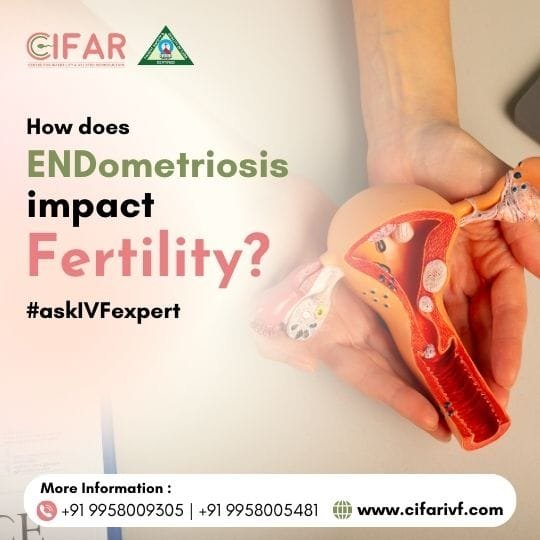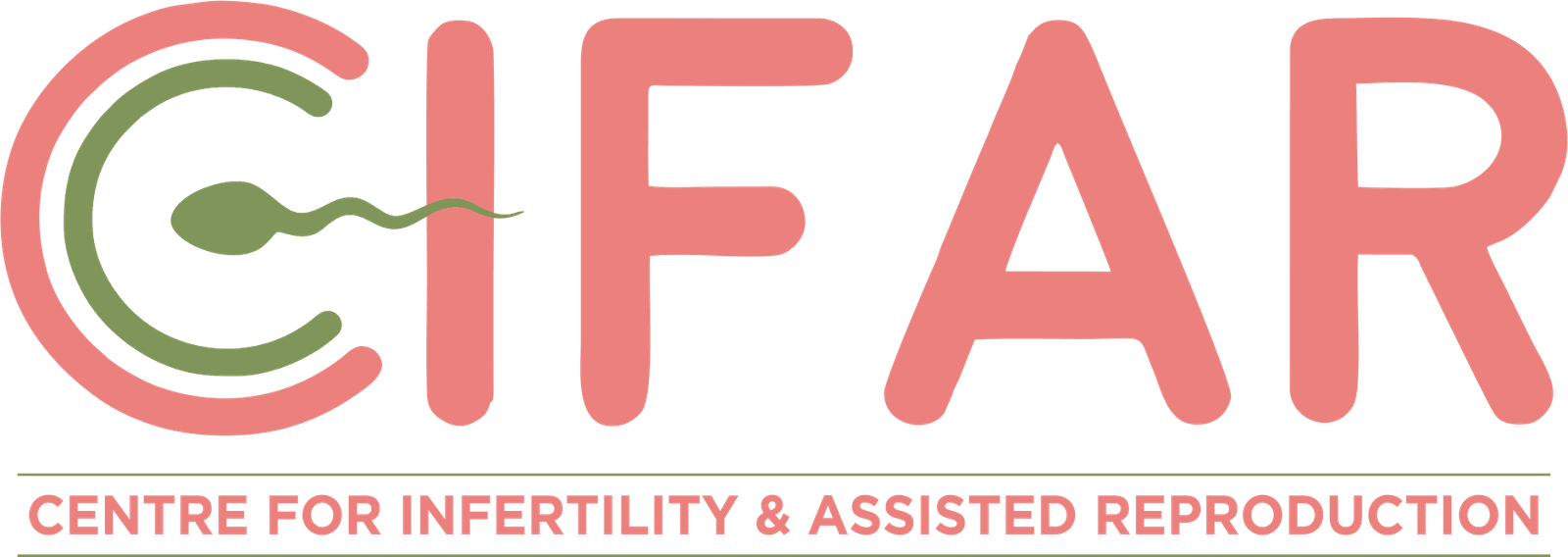What is endometriosis?

Endometriosis is a disorder where tissue resembling the endometrium grows outside the uterus. This tissue is located on the ovaries, fallopian tubes, exterior surface of the uterus, and other organs in the pelvis. Endometriosis is a persistent and frequently painful illness that impacts women of reproductive age, but can also manifest in postmenopausal women.
Also , Endometriosis is a prevalent illness that impacts women of childbearing age, usually beginning in their teenage years or twenties. The aetiology of endometriosis is not completely understood, although some explanations include retrograde menstruation, hormone abnormalities, immune system diseases, and genetic factors.
Symptoms of endometriosis
Symptoms of endometriosis can vary widely and may include:
- Pelvic pain, which may worsen during menstruation
- Painful periods (dysmenorrhea)
- Pain during intercourse
- Infertility
- Heavy menstrual bleeding
- Fatigue
- Gastrointestinal issues such as diarrhea, constipation, or bloating, especially during menstruation
One significant concern for women with endometriosis is its impact on fertility. While not all women with endometriosis will experience fertility issues, it is a common complication of the condition. Several factors contribute to reduced fertility in women with endometriosis:
Distortion of pelvic anatomy:
The presence of endometrial tissue outside the uterus can lead to the distortion or blockage of the fallopian tubes, preventing the egg from being fertilized or the embryo from traveling to the uterus.
Adhesions and scar tissue:
Endometriosis can cause the formation of adhesions and scar tissue in the pelvic area. These adhesions may bind organs together, impairing their function and making conception more difficult.
Hormonal imbalance:
Endometriosis is influenced by hormonal changes in the body, particularly estrogen. Imbalances in estrogen levels can affect ovulation and the menstrual cycle, reducing the chances of conception.
Inflammation:
Endometriosis is associated with chronic inflammation in the pelvic region, which can negatively impact fertility by disrupting normal reproductive processes.
Ovarian reserve:
Endometriosis may lead to the depletion of ovarian reserve, the number and quality of eggs a woman has. This can reduce the likelihood of successful fertilization and pregnancy.
Despite these challenges, many women with endometriosis are still able to conceive naturally. However, for those who struggle with infertility, various treatment options are available, including:
Medications:
Hormonal therapies such as birth control pills, gonadotropin-releasing hormone agonists, and aromatase inhibitors can help manage symptoms and improve fertility in some cases.
Surgery:
Laparoscopic surgery may be performed to remove endometrial tissue, adhesions, and cysts, potentially improving fertility outcomes.
Assisted reproductive technologies (ART):
In vitro fertilization (IVF) and other ART procedures can bypass many of the obstacles posed by endometriosis by directly retrieving eggs from the ovaries and facilitating fertilization outside the body.
It’s important for women with endometriosis who are trying to conceive to work closely with an experienced IVF Experts who are specializing in fertility treatment to explore the most appropriate treatment options for their individual circumstances.
CIFAR Infertility center in Gurugram, not only provides the best IVF treatment but also ensure best personalised care for your fertility journey.
Final Conclusion
Additionally, A healthy weight, stress management, and avoiding smoking are all lifestyle factors that can have a good effect on reproductive outcomes
